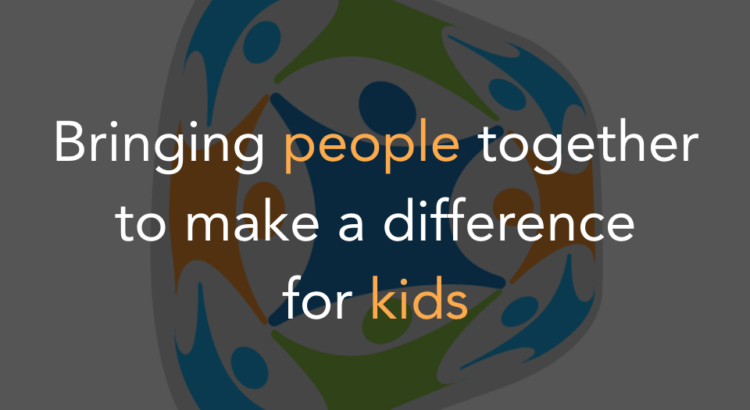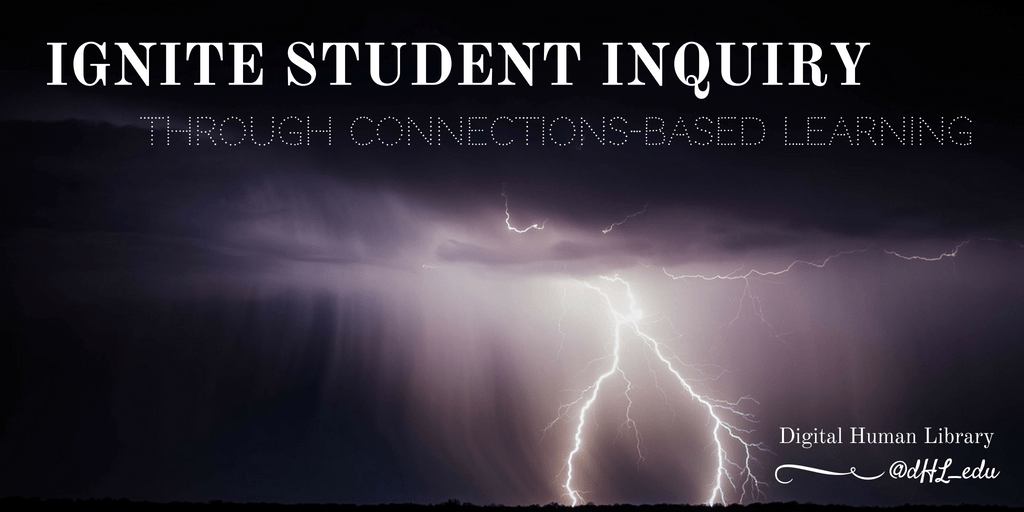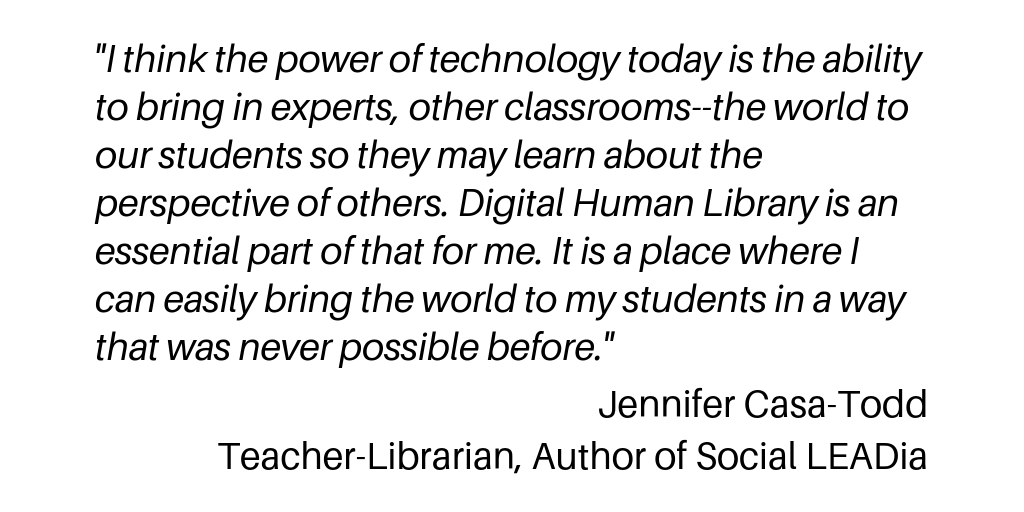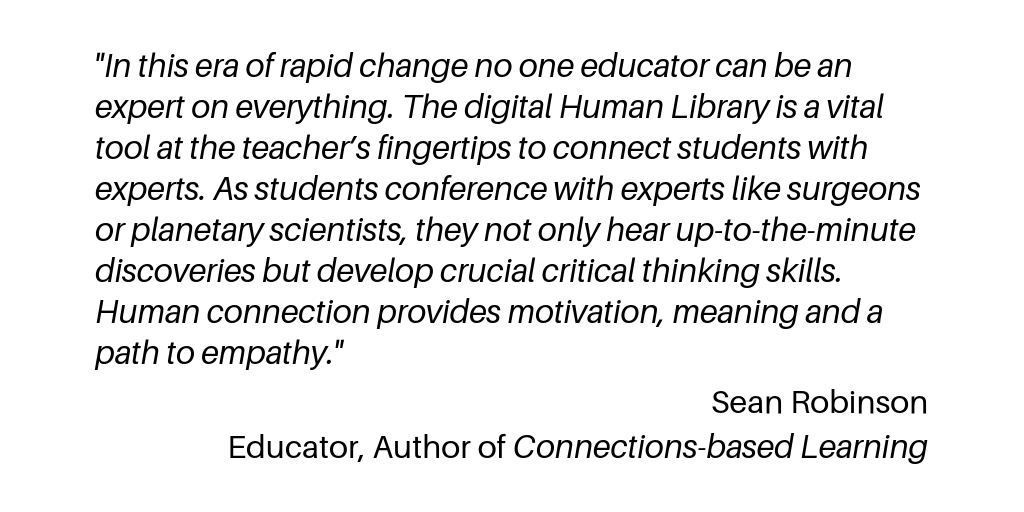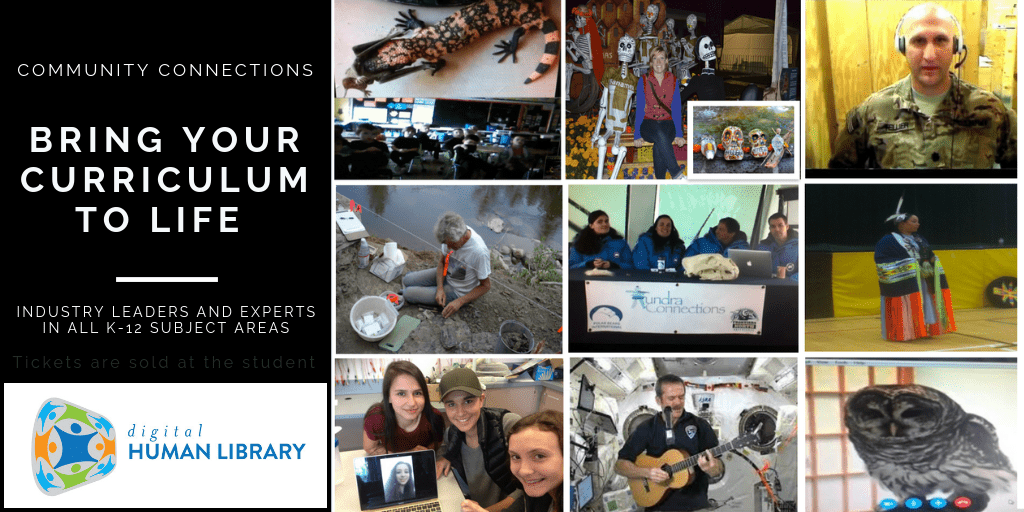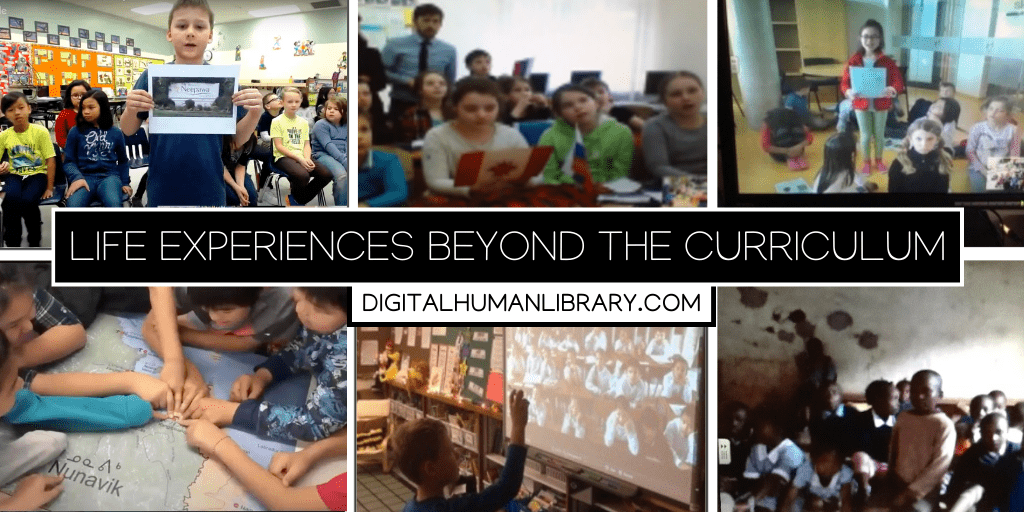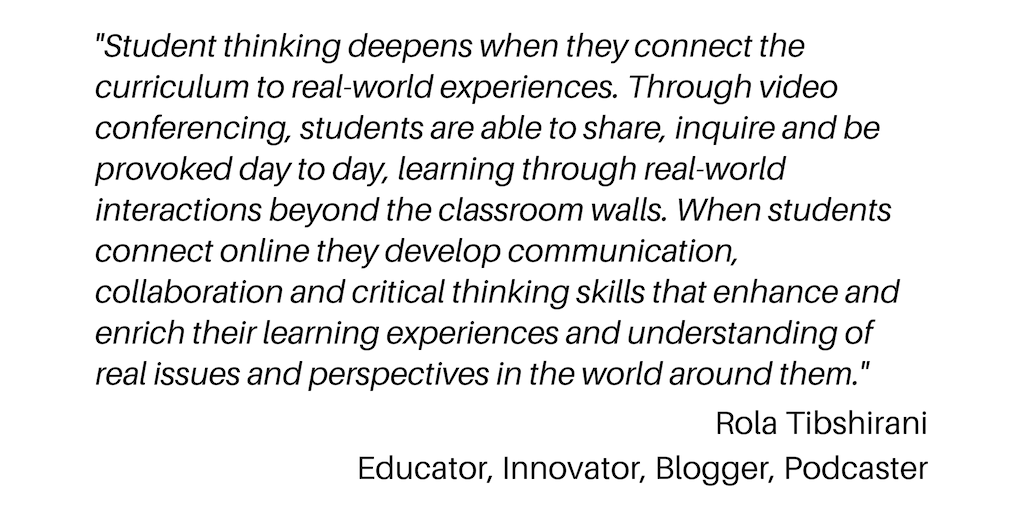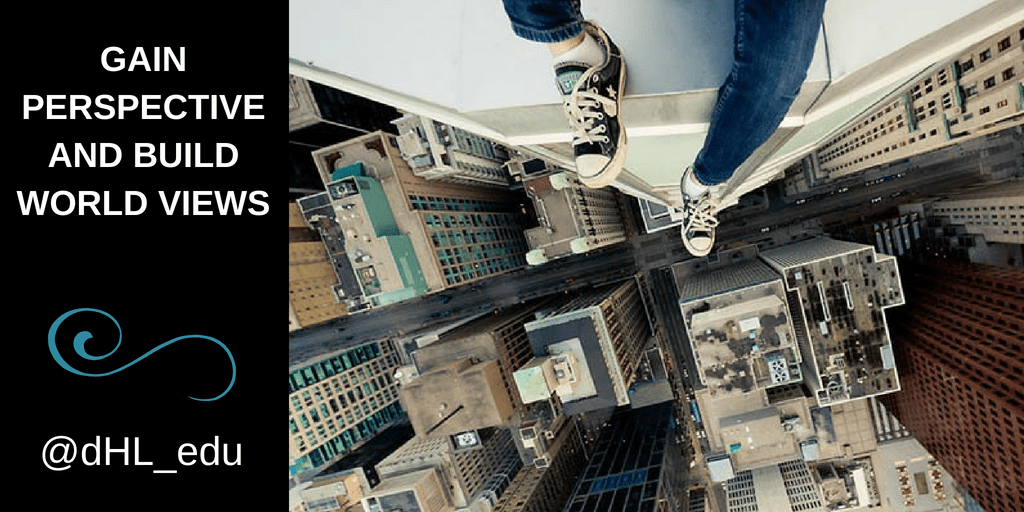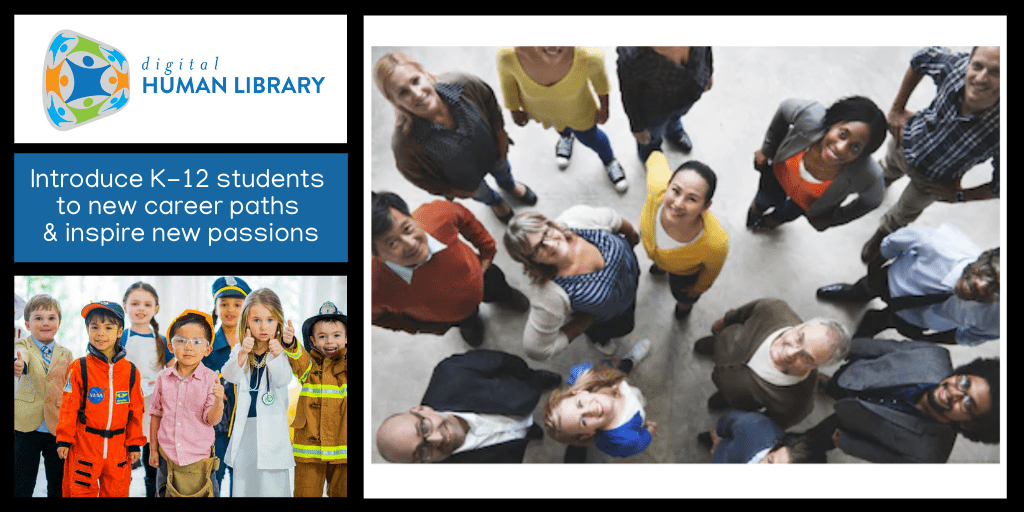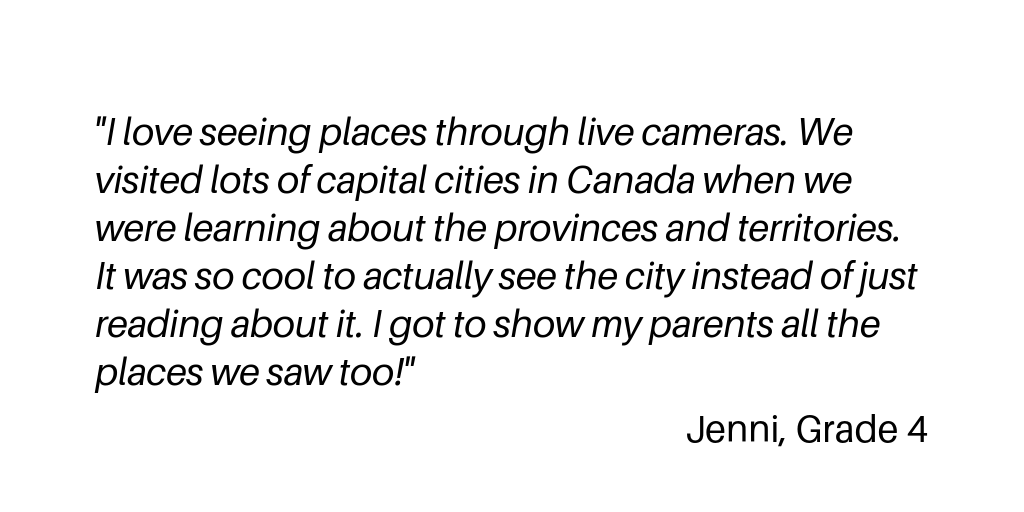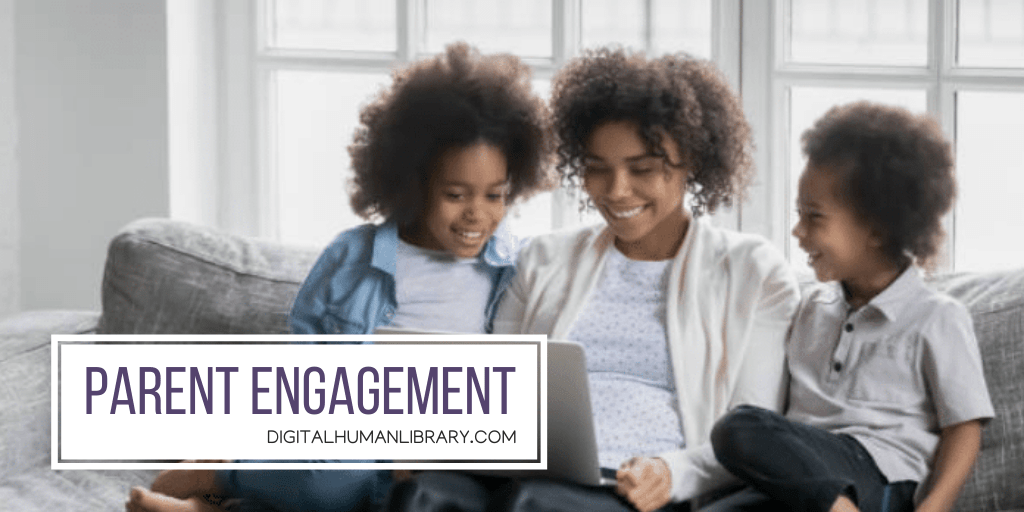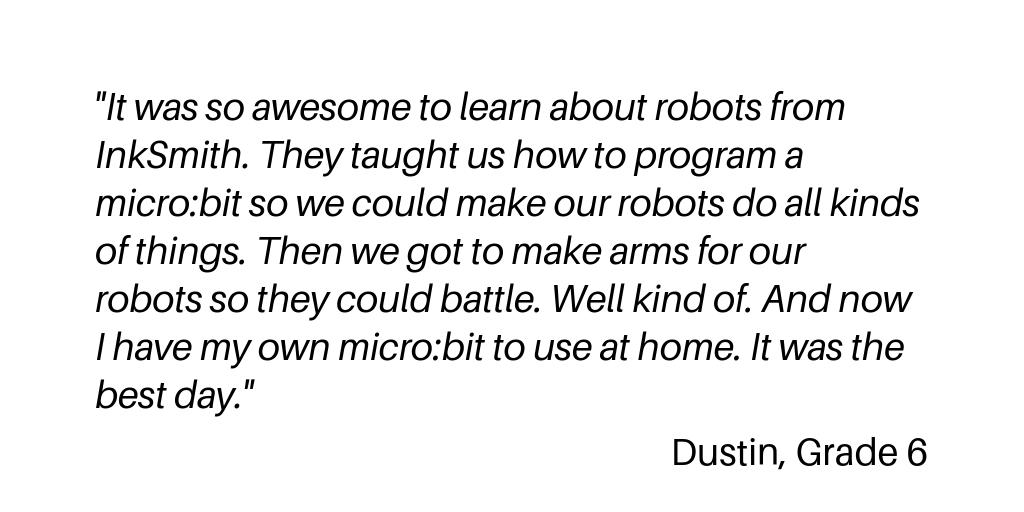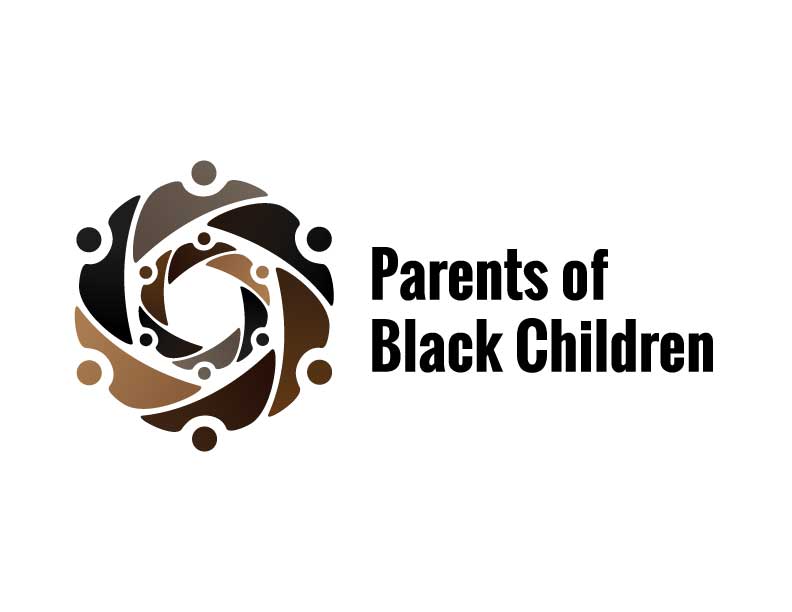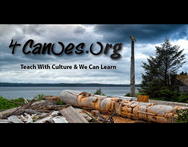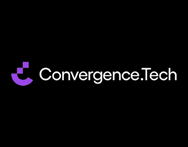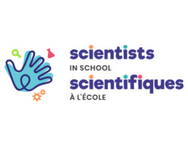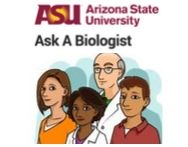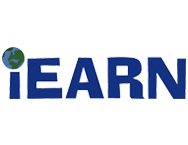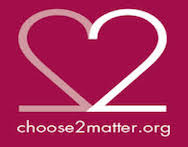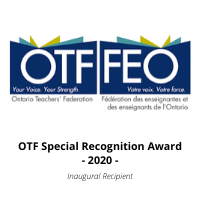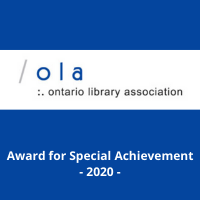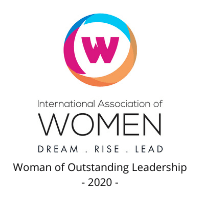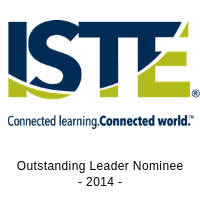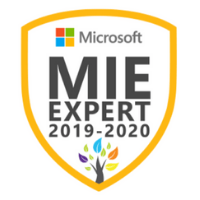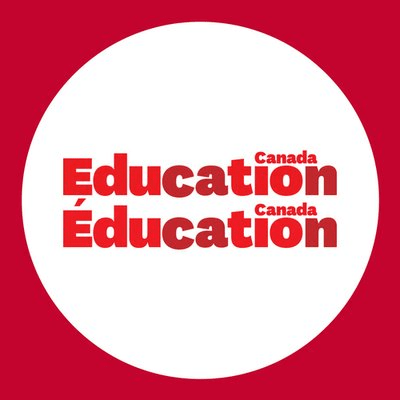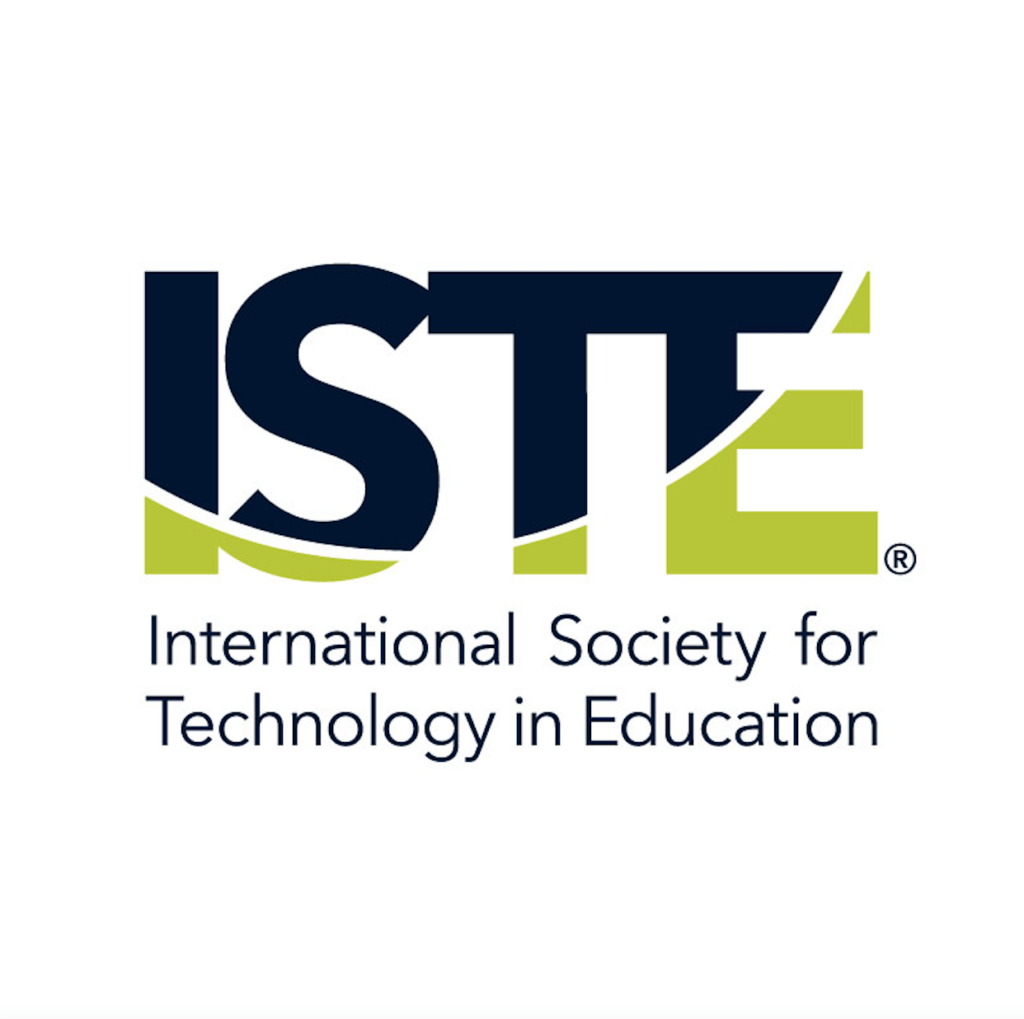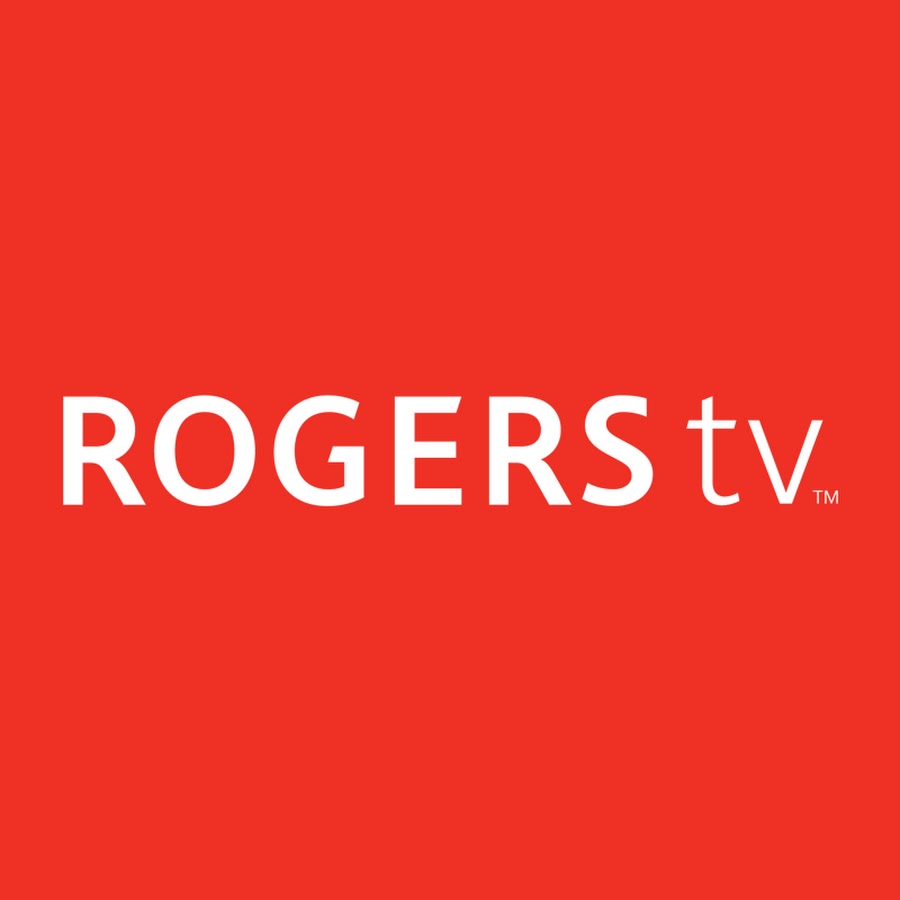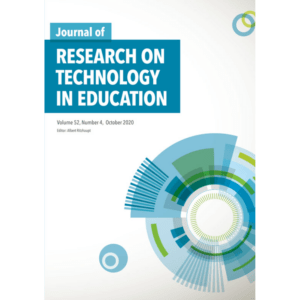It’s hard to believe that 10 years ago I published my first blog post introducing my school community to the idea of a Digital Human Library…
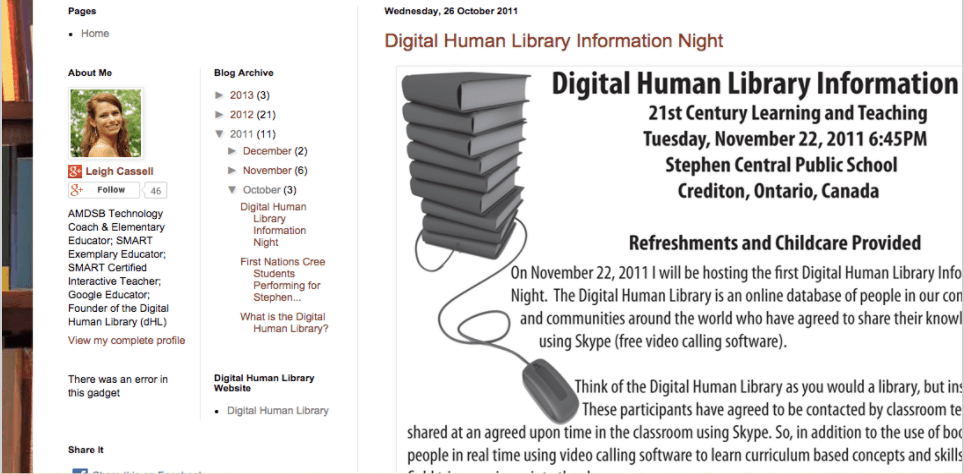
Today, looking back on the 10 most rewarding years of my life in education, I want to share the story about how Digital Human Library began, and my why as an educator.
I started my teaching career in a rural school board in Ontario, and appreciated the wealth of opportunities a rural setting afforded me to take my students outside to explore learning in nature. However, it wasn’t long into my teaching career that I began to notice how this endless green space was also a barrier to experiences beyond the school yard.
There was a real inequity in the kinds of educational experiences my students were receiving simply because they were attending school in a rural community, compared to students who were attending school in the city. Reflecting back on my own educational experiences growing up in London, ON., some of my most treasured memories are the field trips we took within our own neighbourhood and throughout the city on foot or by bus. Since I wouldn’t be able to provide these kinds of educational experiences to my students, I started to wonder how I might bring the field trip experience into my classroom?
So in 2011 I started exploring inquiry-based experiential learning and the use of video conferencing technology to broaden my educational program and extend learning beyond the boundaries of our school yard. I was looking for more authentic ways to help my students learn to ask questions and find answers as we inquired about communities around the world.

Over the next 6 months we connected virtually with classes in 14+ different countries to learn about new cultures, traditions, and celebrations, and to partner with classes on global projects. It wasn’t long before my students realized that all they had to do was point to a place on our world map, and we could travel there to meet new people, learn about new places, and explore new ideas from around the world.
What I like most about Skype is learning about different people because you get to make new friends. Skype is cool because you can see far away places and you can meet new people that you’ve never seen before. They have cool languages.
Isaac, Grade 2, 2011
One day in an exciting twist of events, one of my students asked if we could connect with someone at a zoo to help us learn about mammals. It was a brilliant idea! Why didn’t I think of that??? So we did.
Our first connection with an Expert was with Mark McAllister at the North Carolina Zoo. We – my kids and I – learned how wild animals are tracked and tagged so researchers can study them and help protect them. We watched videos through night vision goggles (which was so cool), viewed and discussed video clips and images, and my kids asked Mark all kinds of questions that I would have never been able to answer. Mark’s program engaged my students in ways I had never seen before. And the way I engaged with my students was different too. Since I wasn’t “teaching a lesson”, I noticed my role shifting to that of a facilitator and guide. I was encouraging discussions, asking questions, prompting student thinking, and letting student voice determine what we were learning, and how we were learning. It was in that moment that I first began to discover my why.
From that moment on the flood gates were opened. The wave of student requests to connect and learn with experts was exciting and overwhelming. Where were we going to find all of these experts???
We were pleasantly surprised to learn that almost every organization we connected with wanted to find a way to work with us. The best part? These organizations later spoke with me about their ongoing interest and commitment to support youth and learning, however they also expressed the challenges and barriers they faced when trying to work with districts. My discovery? The work my students and I were doing was building a bridge between community and school that would have a lasting impact on both students and Experts. I was getting closer to understanding my why.
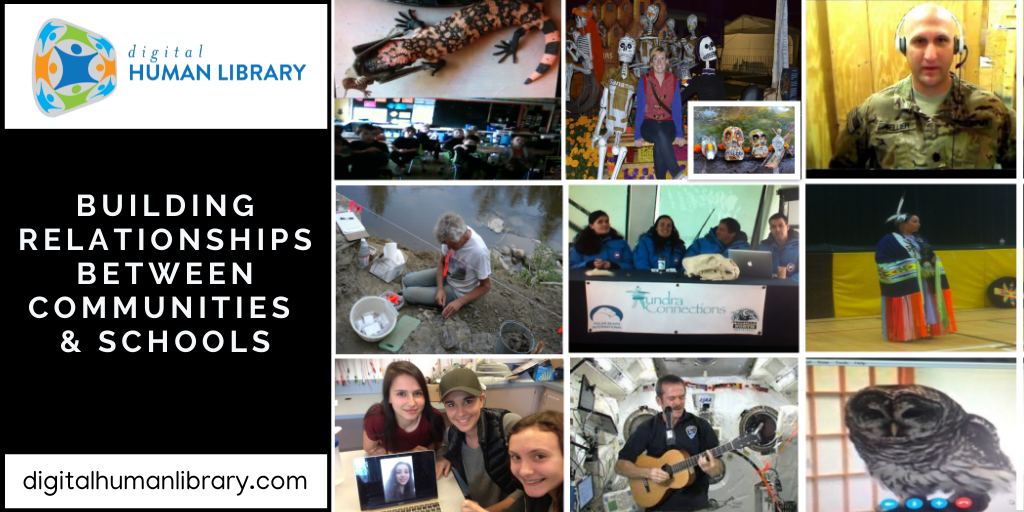
And so my journey into the world of digital experiential learning began. Instead of preparing for a lesson I used to deliver, I was now spending my time teaching my students how to locate, evaluate, and synthesize information we found on the internet, and then communicate that information to draft emails, and engage in outreach to connect with Experts. Not only was I teaching my students how to network, but they were learning critical digital literacy skills, developing global competencies/ transferrable skills, and building citizenship and character in the most authentic way possible – through the process of building relationships with others. My why continued to unfold.
These experiences were also expanding my understanding of how learning happens. And as my pedagogical practice continued to shift and evolve, my commitment to inquiry-based experiential learning only grew stronger. Student voice was now the driver of our inquiries and I had all the support I needed to move from being the “sage on the stage” to the “guide on the side.”
Using Skype makes learning more exciting because instead of Mrs. Cassell standing in front of the class or reading a book, we get to learn from other people. I liked learning from our Cree friends about their different celebrations.
Dylan, grade 2, 2011
Now, I need to pause this storyline for just a moment, because while all of these amazing new experiences were happening in my classroom, I had also recently discovered the Human Library movement, which greatly influenced what I would soon envision as Digital Human Library.
The Human Library, or “Menneskebiblioteket” as it is called in Danish, was created in Copenhagen in the spring of 2000 by Ronni Abergel and his brother Dany and colleagues Asma Mouna and Christoffer Erichsen.
The Human Library is a library of people. They host events where readers attending public libraries can borrow human beings who serve as open books for dialogue where topics are discussed openly. Every human book represents a group in our society that is often subjected to prejudice, stigmatization or discrimination because of their lifestyle, diagnosis, belief, disability, social status, ethnic origin, etc. The Human Library works to create a safe framework for personal conversations that can help to challenge prejudice, reduce discrimination, prevent conflicts, and contribute to greater human cohesion across social, religious and ethnic divisions. humanlibrary.org/about/
The idea to create a Digital Human Library first came to me after applying the concept of a Human Library, but in an educational setting, where Experts could be borrowed by teachers and students to provide virtual educational programs, Q&As, mentorships, and career talks. Digital Human Library would be a place where K-12 teachers and students could feel supported to connect, question, learn, explore, think critically, solve problems, and build relationships with others all for the purpose of learning. And what would make this idea even better? It would be FREE for teachers and students.
What I like about Skype is meeting new people because we learn about them and they learn about us. I wish we could Skype more because all I want to do is keep learning more!
Atessa, Grade 2, 2011
Fast forward to today…
Digital Human Library (dHL) serves millions of students across Canada by connecting them with the new people, places, and ideas from around the world. And by providing this service at no cost, teachers and students are given equitable access to our most valuable resources – each other – in a way that provides digital experiential learning opportunities for all students regardless of their geographic location or socioeconomic status.
Bill Nye once said, “Everyone you will ever meet knows something you don’t”. Our dHL community has always embraced this idea. The success of Digital Human Library wouldn’t be possible without all of the subject matter Experts who volunteer their time to connect with students to share their knowledge, skills, expertise, and personal experiences to support youth and learning. We also recognize and celebrate our dHL champions – all of the incredible teachers who borrow from our library to provide authentic, timely, and relevant experiences of learning to their students.
Digital Human Library continues to evolve as a community of people who have come together to make a difference for kids. And for the past 10 years and counting, this is my why.
Thank you for making the last 10 years the best years of my educational career – so far! I can’t wait to see what the future holds for Digital Human Library and for K-12 education across Canada.
I hope to see you in the classroom,
Leigh Cassell
Founder & CEO, Digital Human Library
This post is also available in: Français (French)
